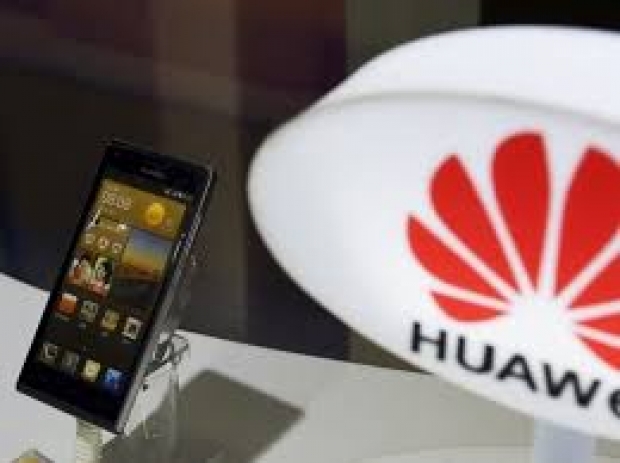On the one hand, if it does not agree to US President Donald Trump’s demand that it abandon Huawei, he may refuse to give the UK a post-Brexit trade deal which will give the country chlorinated chicken to eat. If it does then, it will hack off the Chinese and be forced to buy expensive 5G gear.
Britain’s National Security Council, chaired by outgoing Prime Minister Theresa May, met to discuss Huawei and said that the new prime minister must take a decision on whether to include China’s Huawei in Britain’s 5G telecoms network urgently as the ongoing debate is damaging international relations.
In April and a decision was made to block the telecoms giant from all critical parts of the 5G network but to give it restricted access to less sensitive parts. That is pragmatic and gives the US impression that it is listening to its unproven claims that Huawei is anti-Christian and run by witches who drink the blood of Christian babies spying on the west.
The final decision on Huawei was already supposed to have been taken by the British government, but May’s decision to step down has stalled the process. Her replacement, either foreign minister Jeremy Hunt or former London mayor Boris Johnson who is the frontrunner, will be installed next week. Johnson will need time to see what Trump or his Russian oligarch backers want him to do. After all, Brexit was about independence from foreign control.
Dominic Grieve, chairman of parliament’s Intelligence and Security Committee (ISC). Said that Britain’s cybersecurity chiefs had been clear that the issue was not about one country or company, but that the system had to be able to withstand any attack, malicious action or simply human error.
It said this was best achieved by diversifying suppliers and the issue at the moment for 5G was that there were only three firms in the running - Huawei, Nokia and Ericsson. Over-dependence and less competition resulted in lower security standards, it said.
“Therefore including a third company - even if you may have some security concerns about them and will have to set a higher bar for security measures within the system - will, counter-intuitively, result in higher overall security,” the ISC said.
It argued that China would understand if Huawei were excluded as Beijing would not allow a British company to play a role in its critical national infrastructure.
“Such an important decision, therefore, requires careful consideration,” the ISC statement said. “However, the extent of the delay is now causing damage to our international relationships: a decision must be made as a matter of urgency.”

